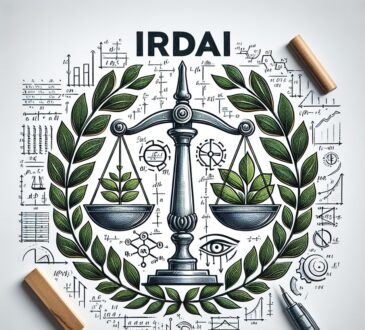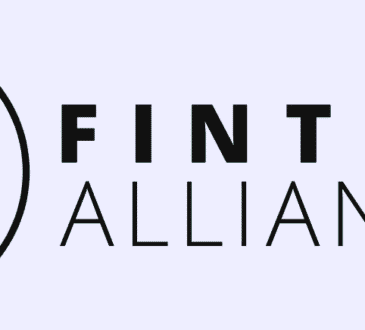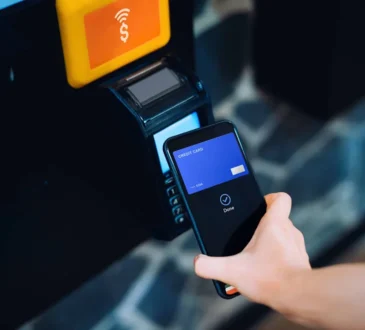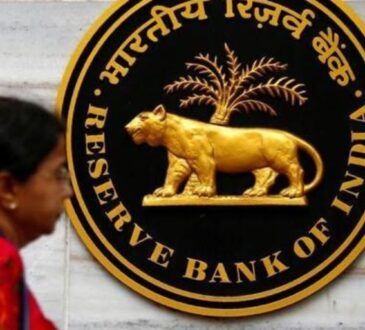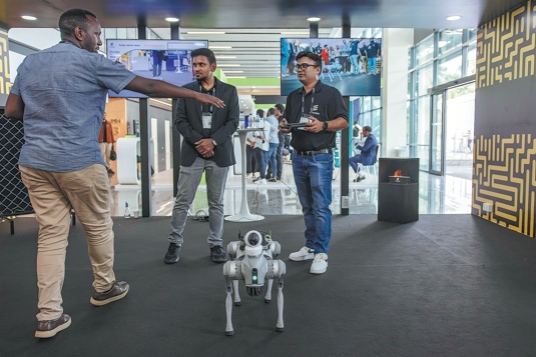
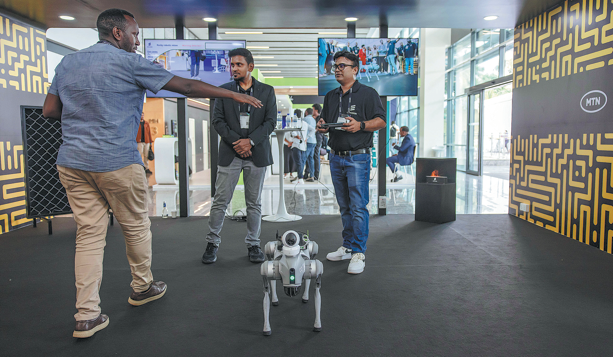
As Africa”s mobile revolution enters a new phase, policymakers and industry leaders gathering in Kigali, Rwanda, said artificial intelligence and fintech hold the key to unlocking inclusive growth — if the continent can close its digital and energy gaps.
At this year’s Mobile World Congress, or MWC Africa, being held in Rwanda’s capital, Kigali, leaders have called for greater investment in infrastructure, energy, and human capital to turn connectivity into tangible economic opportunity.
Rwandan President Paul Kagame, during the opening ceremony on Tuesday, said the continent’s rapid digital transformation demonstrates how innovation can emerge anywhere, provided enabling policies and partnerships are in place.
“In just a few years, Africa has gone from limited connectivity to a mobile-driven economy. Broadband and smartphones have become tools of daily life, transforming commerce, education, finance, and other key sectors,” Kagame said.
He highlighted mobile money as a global model for financial inclusion. “It has empowered small businesses and women entrepreneurs by linking their potential to the broader economy,” he said.
Despite progress, Kagame cautioned that Africa must act urgently to bridge the digital divide, noting that only a small fraction of Africans are connected compared to the global average.
“If this gap persists, technology meant to expand opportunity could instead widen inequality,” he said.
The president stressed integrating AI into planning and public service delivery, as well as harmonizing policies to foster innovation.
“The challenges Africa faces are significant, but they also present great growth potential,” he added.
Call for collaboration
Rwanda’s Minister of ICT and Innovation, Paula Ingabire, said hosting MWC Africa reinforces the country’s ambition to lead Africa’s digital transformation.
“The future of digital Africa will be defined by collaboration. We must converge across governments, industries, and innovators to make Africa not just a market for innovation, but a home of digital leadership,” she added.
Doreen Bogdan-Martin, secretary-general of the International Telecommunication Union, said AI could help generate about $2.9 trillion for the African economy.
“We have to work together across sectors and governments to solve this. A digital future requires access for all,” she said.
Vivek Badrinath, director general of Global System for Mobile Communications Association, said Africa’s mobile industry is now one of the largest infrastructures on the planet, covering 91 percent of the population and connecting over 710 million people, adding that the next leap will be powered by “intelligence, investment and inclusion”.
“Africa has more than 2,000 languages, yet they make up only 0.02 percent of online content,” he said. He called for partnerships with necessary stakeholders in different countries to develop inclusive AI models for African languages and ensure AI benefits all citizens.
He said regulatory reforms, fair competition, and streamlined land and permitting processes are critical enablers of investment.
“If we close the usage gap, we can add $625 billion to Africa’s GDP by 2030. Connectivity is not just about technology; it’s about empowering people, building resilience, and driving sustainable growth,” Badrinath said.

